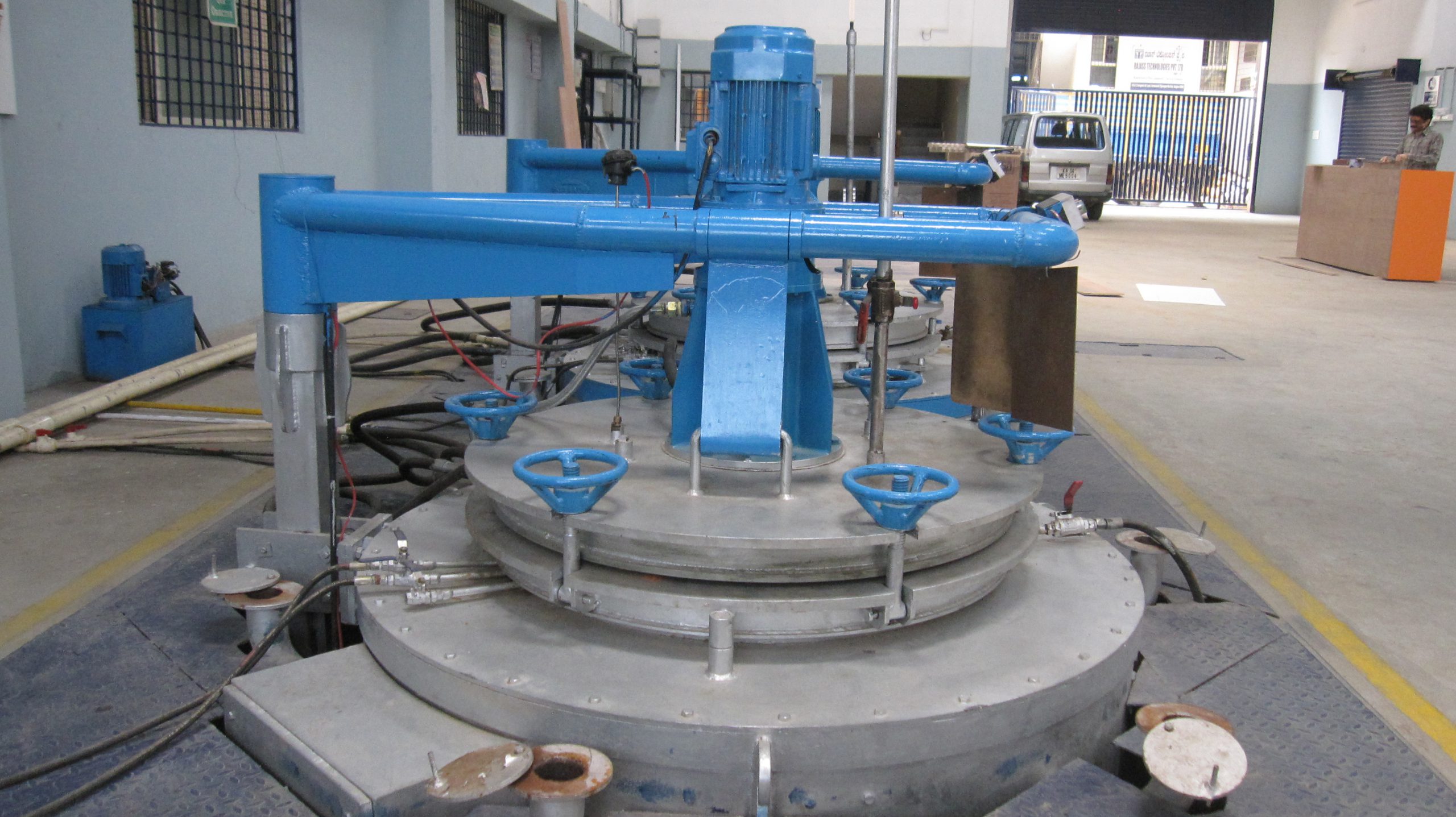
Gas Nitriding
Gas Nitriding is a thermochemical case hardening process used to increase wear resistance, surface hardness and fatigue life by dissociation of nitrogen and hard nitride precipitations.
Typical applications include gears, crankshafts, camshafts, cam followers, valve parts, springs, extrusion screws, die-cast tooling, forging dies, aluminum-extrusion dies, injectors and plastic-molds.
Nitriding is most effective when applied to the range of steels containing nitride-forming elements such as chromium, molybdenum, vanadium, and aluminum. The process is also applicable to tool steels such as hot-work, cold-work and mold steels. A low-temperature application is nitriding of spring steels to prolong the fatigue life of springs for automotive use. In general, all ferrous materials can be gas nitrided up to 5% chromium. For higher contents of alloying elements and for gas nitriding of stainless steel, plasma nitriding might be considered. Gas nitriding of sintered steels with low density is not recommended.
For optimum results, the material should be in a hardened and tempered condition prior to gas nitriding.
